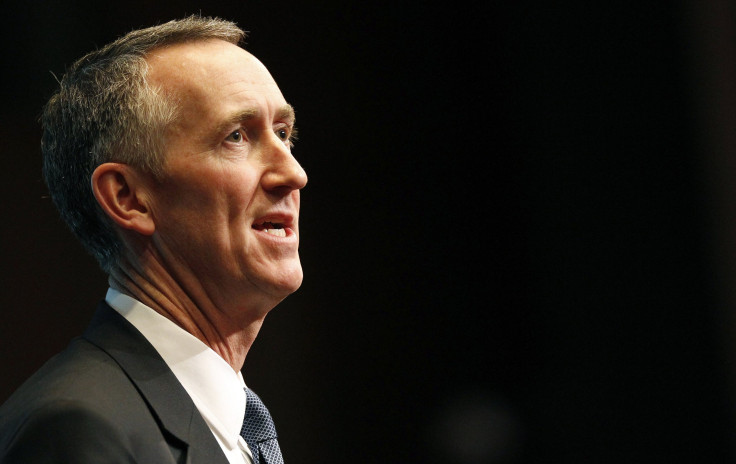Illumina Inc. to form new company Grail for early-stage cancer detection

Early-stage cancer detection will be soon made possible by gene sequencing company Illumina. The company has taken the next big leap in early cancer detection as it is working towards developing a cancer universal blood test to identify early-stage cancers in people with no symptoms of the deadly disease. Illumina will soon form a company called Grail, with more than $US100 million ($AU144 million) in Series A financing. Grail’s cancer universal blood test will be using Illumina’s DNA sequencing technology to detect cancer genes in tumours and circulating in blood stream. Illumina is aiming to have the test on market by 2019.
Grail will have Illumina as the majority owner. Other key investors in the company include founder of Amazon.com, Jeff Bezos, Microsoft founder Bill Gates, Sutter Hill Ventures and ARCH Venture Partners, reports Reuters. The hope is to identify different types of newly-forming cancers through the cancer universal blood test. If detected at an early stage, the chances of survival will increase manifold. Experts believe that in order to make DNA blood tests a part of routine cancer screening, it would require massive clinical trials to provide that kind of evidence. Illumina, a huge player wants to prove that.
“We've made tremendous progress, which gives us the confidence that we can get to the endpoint that we expect,” said Illumina Chief Executive Jay Flatley, who will serve as chairman of Grail.
Although the work on the new cancer universal blood test started about 18 months ago, it will require another year for research and development to fine tune the test. Grail will next conduct clinical trials for another two years on 300,000 human genomes, writes News.com.au. By the year 2019, DNA sequencing costs are expected to drop significantly and that would help the cost of the new universal blood test to be set at around US$500 ($AU716.64).
As many as 38 companies are using DNA sequencing technology to develop cancer blood tests, according to PiperJaffray analysts. However, most of these tests are being used on patients already been diagnosed with some form of cancer, simply to see their response to treatment, to check for mutations and for drug resistance.





















